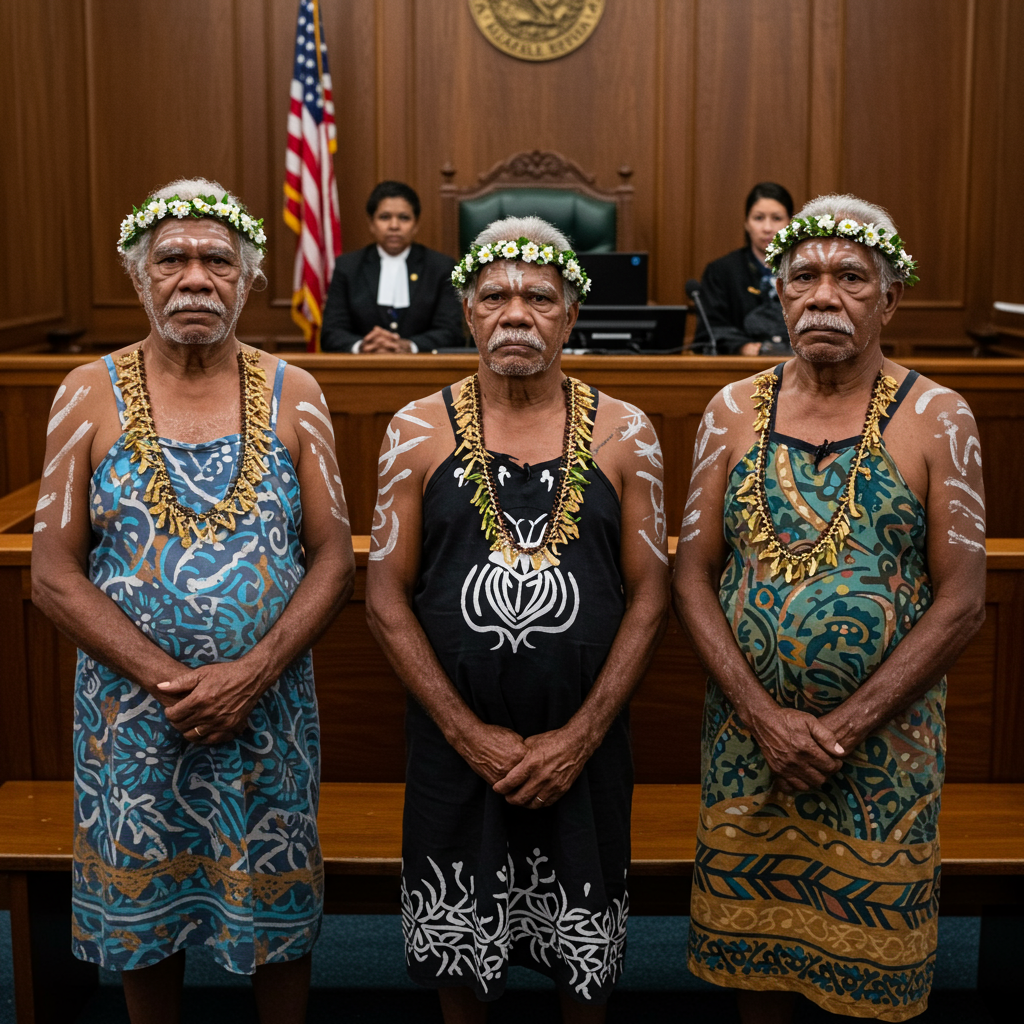Escalating tensions in the Middle East are raising critical questions about the United States’ role and the potential path toward conflict. Recent US military actions targeting Iran’s nuclear program have intensified this debate. Local experts from Northeast Ohio are stepping in to provide crucial analysis on the complex geopolitical landscape and the implications under international law. This insightful discussion brings valuable academic and legal perspectives to a pressing global issue.
US Airstrikes Spark Debate Over Iran’s Nuclear Setback
The catalyst for this renewed focus is a series of US airstrikes. On June 25, 2025, the United States reportedly conducted strikes on Iranian nuclear facilities. The impact and effectiveness of these strikes are already subject to conflicting assessments.
Speaking at the conclusion of a NATO conference, President Donald Trump described the weekend airstrikes as “obliterating.” He asserted that these actions had set back Iran’s nuclear ambitions by decades. This strong claim painted a picture of decisive and long-term impact on Iran’s program.
However, a preliminary US intelligence report offered a different, less dramatic assessment. This report disputed the President’s claim. It suggested that the strikes only resulted in a setback of a few months. This significant discrepancy highlights the uncertainty surrounding the true consequences of the military action and fuels debate about future strategy.
Navigating the Risk: Key Questions in the Middle East Conflict
The recent strikes occur against a backdrop of broader regional volatility. Hostilities between major players continue to pose risks of wider conflict. The growing US involvement adds another layer of complexity to an already fraught situation. This environment prompts several critical questions that international law experts are uniquely positioned to address.
Will Rising Hostilities Lead to War?
One of the most urgent concerns is whether the increasing tensions and military actions will ultimately result in full-scale war. The region has seen cycles of intense conflict and tentative ceasefires. Understanding the factors that could push the situation towards open warfare is paramount. Experts examine the current dynamics, the rhetoric from involved parties, and the potential for miscalculation.
Can Ceasefires Hold and Be Replicated?
Amidst the conflict, a fragile ceasefire has emerged between Israel and Iran following twelve days of intense strikes. President Trump reportedly brokered this ceasefire earlier in the week. This raises questions about its stability and longevity. Can this temporary halt in direct hostilities be sustained? Furthermore, could similar diplomatic efforts be applied to other long-standing conflicts in the region, such as the ongoing situation between Israel and Gaza? The success or failure of brokering peace in one theater could offer lessons or warnings for another.
The Critical Question of Legality: Executive Action vs. Congressional Authority
Beyond the immediate military and diplomatic concerns lies a fundamental legal question. The United States conducted airstrikes against Iran without specific congressional approval. This raises significant points about the limits of executive power in initiating military action.
US law grants certain war powers to the President, but the Constitution also vests in Congress the power to declare war. The balance between these branches regarding military engagements abroad is a perpetual area of debate. International law also imposes constraints and considerations on the use of force between sovereign nations. Experts analyze whether the recent strikes fall within existing legal frameworks or if they represent a departure that requires deeper scrutiny. This legal dimension is crucial for understanding the justification and precedent set by the US action.
Northeast Ohio’s Contribution to Global Insights
Bringing these complex global issues into local focus, international law experts based in Northeast Ohio provided their insights on a regional public media program. Their analysis helps ground the discussion in legal principles and historical context. These experts possess deep knowledge of international relations, security law, and the specific historical ties between the United States and Iran.
The program featured two prominent Northeast Ohio academics:
Avidan Cover: A Professor of Law and Director of the Institute for Global Security Law and Policy at Case Western Reserve University School of Law. His work often focuses on human rights, civil liberties, and international law in the context of security policy.
Milena Sterio: A Professor of Law at Cleveland State University College of Law. She is a recognized expert in international law, particularly concerning the law of the sea, international criminal law, and the use of force.
Their participation underscores the significant academic expertise available locally to help the public understand major international crises. Discussing these issues on platforms like public radio ensures that critical analysis reaches a wider audience beyond academic circles. Their perspectives are vital for understanding the potential legal and geopolitical consequences of current events.
Engaging with local experts on international issues provides valuable context. It demonstrates that global events have local relevance and that regional academic institutions contribute significantly to national and international discourse. Their analysis helps citizens understand the stakes involved in US foreign policy decisions.
Frequently Asked Questions
What was the outcome of recent US strikes on Iran’s nuclear sites?
Recent US airstrikes targeted Iran’s nuclear facilities on June 25, 2025. President Trump claimed these strikes were “obliterating” and set back Iran’s nuclear program by decades. However, a preliminary US intelligence report offered a conflicting assessment, suggesting the setback was only a matter of months. This discrepancy is a key point of debate among analysts and highlights uncertainty about the strikes’ true impact.
What are the main legal questions surrounding US military action against Iran?
A central legal question raised by experts concerns the legality of the United States conducting strikes against Iran without specific approval from Congress. While the President has certain executive powers regarding military action, the U.S. Constitution grants Congress the power to declare war. Experts analyze whether the strikes align with established legal precedents regarding the use of force, international law, and the balance of war powers between the executive and legislative branches.
Who were the Northeast Ohio experts discussing the US role in Iran?
Two prominent international law experts from Northeast Ohio participated in a local public media discussion about US involvement in Iran and related conflicts. These included Avidan Cover, Professor of Law and Director of the Institute for Global Security Law and Policy at Case Western Reserve University School of Law, and Milena Sterio, Professor of Law at Cleveland State University College of Law.
Conclusion
The situation involving the United States and Iran remains highly volatile, with recent airstrikes adding fuel to existing tensions. The differing assessments of the strikes’ effectiveness underscore the uncertainty facing policymakers and the public alike. As Northeast Ohio international law experts highlight, fundamental questions about the risk of war, the potential for diplomatic breakthroughs like ceasefires, and the legality of military action are at the forefront. Understanding these complex issues requires careful consideration of international law, geopolitical dynamics, and differing political perspectives. Expert analysis is crucial for navigating this challenging global landscape.
Word Count Check: 1008




